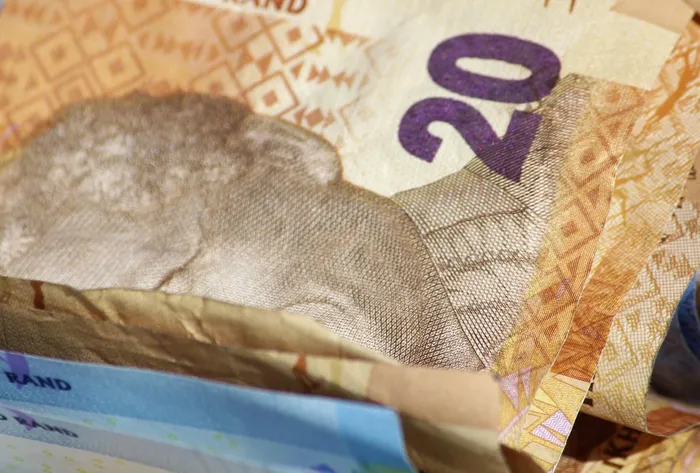
There has been welcome reaction from the business community and economists to S&P Global Ratings upgrading South Africa’s long-term foreign and local currency credit ratings for the first time in nearly 20 years.
Image: PXhere.com
South Africa’s business community and leading economists have welcomed S&P Global Ratings’ upgrade of the country’s long-term foreign and local currency credit ratings — the first upward revision in nearly 20 years.
S&P lifted South Africa’s foreign currency rating from BB– to BB, while the local currency rating improved from BB to BB+, reflecting stronger fiscal performance, a more stable economic environment, and improving investor sentiment.
North-West University Business School economist, Professor Raymond Parsons, said the upgrade, though widely anticipated, marks an important vote of confidence in the economy.
“It recognises the extent to which certain recent positive economic developments have improved SA’s fiscal position and growth outlook, and which have strengthened investment sentiment,” Parsons said.
“The S&P decision has now opened the way for SA to eventually extricate itself from its current junk status, but there remains a long way to go.”
Parsons added that to regain full global investment status still requires that SA’s economic steersmanship stays firmly on track over the next few years.
Unisa economist Dr Eliphas Ndou said the sovereign upgrade will reduce South Africa’s risk premium and, by extension, the cost of servicing government debt.
“In addition, this upgrade should uplift domestic business confidence and improve investor sentiment, which are needed for raising economic growth,” Ndou said.
The Johannesburg Stock Exchange (JSE) also welcomed the upgrade, saying it confirms that South Africa’s economic trajectory has begun to turn.
JSE Group CEO Leila Fourie said credible policy, disciplined execution, and collaboration between government, business and institutions are helping to rebuild the foundations for long-term growth.
“When reforms take root, credibility strengthens, investment follows, and momentum begins to compound,” she said.
Fourie noted that the upgrade reflects the cumulative effect of institutional improvements, including stronger financial integrity following South Africa’s exit from the FATF grey list, improved revenue collection, and reforms driven through partnerships between the National Treasury and financial sector leaders.
"As we prepare to host the G20 and B20 meetings, the upgrade sends a positive signal of progress and the potential for further upgrades as the country drives towards building fiscal credibility, growth and executing fiscal reform," she said.
"It indicates that the reform path is credible, that institutions are strengthening and that the macroeconomic framework is sound. It supports South Africa’s position at a moment when the world has its eyes focused on South Africa."
The Business Unity South Africa (Busa) said the decision affirms progress in restoring fiscal stability, strengthening institutions, and steering the economy onto a more inclusive growth path.
Busa CEO Khulekani Mathe said the upgrade represents a turning point in South Africa’s economic recovery.
“It reflects the combined effort of government, business, and civil society to rebuild credibility and restore confidence. What matters now is translating this progress into real outcomes such as investment, job creation, and broader economic opportunity.”
S&P cited improvements at key State-owned enterprises, including Eskom, and stronger revenue collection as contributing factors.
“These developments suggest a more credible fiscal trajectory, which is critical to investor confidence,” Mathe said.
Professor Waldo Krugell, an economist at North-West University, said the local currency rating is now just one notch below investment grade, a significant milestone given that most government debt is rand-denominated.
“It's still a form of junk status, but we're getting closer to investment grade. And that matters because most of our government debt is in local currency, in the local capital market. So it's a massive step in the right direction,” Krugell said.
He added that if these improvements can keep going, that will lower the interest rate on government debt, which will lower the interest repayments, the cost of making new debt.
“It's not on the debt that's already issued. It's on new debt. But that could then be made at much lower interest rates and much lower interest rate repayment costs, which then just frees up money in the budget to spend on other stuff. It's a really, really positive step. And we hope the other ratings agencies follow the lead here.”
BUSINESS REPORT